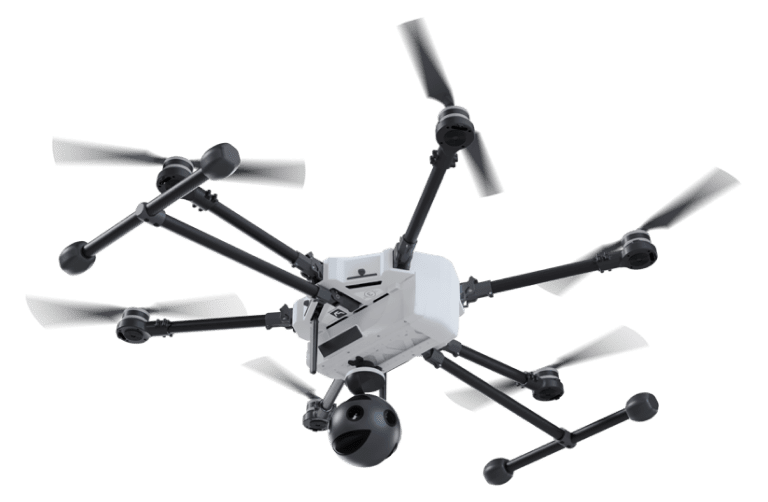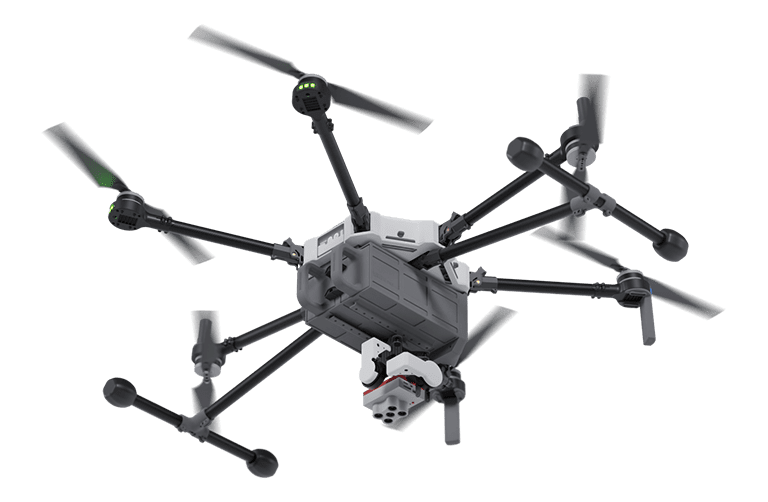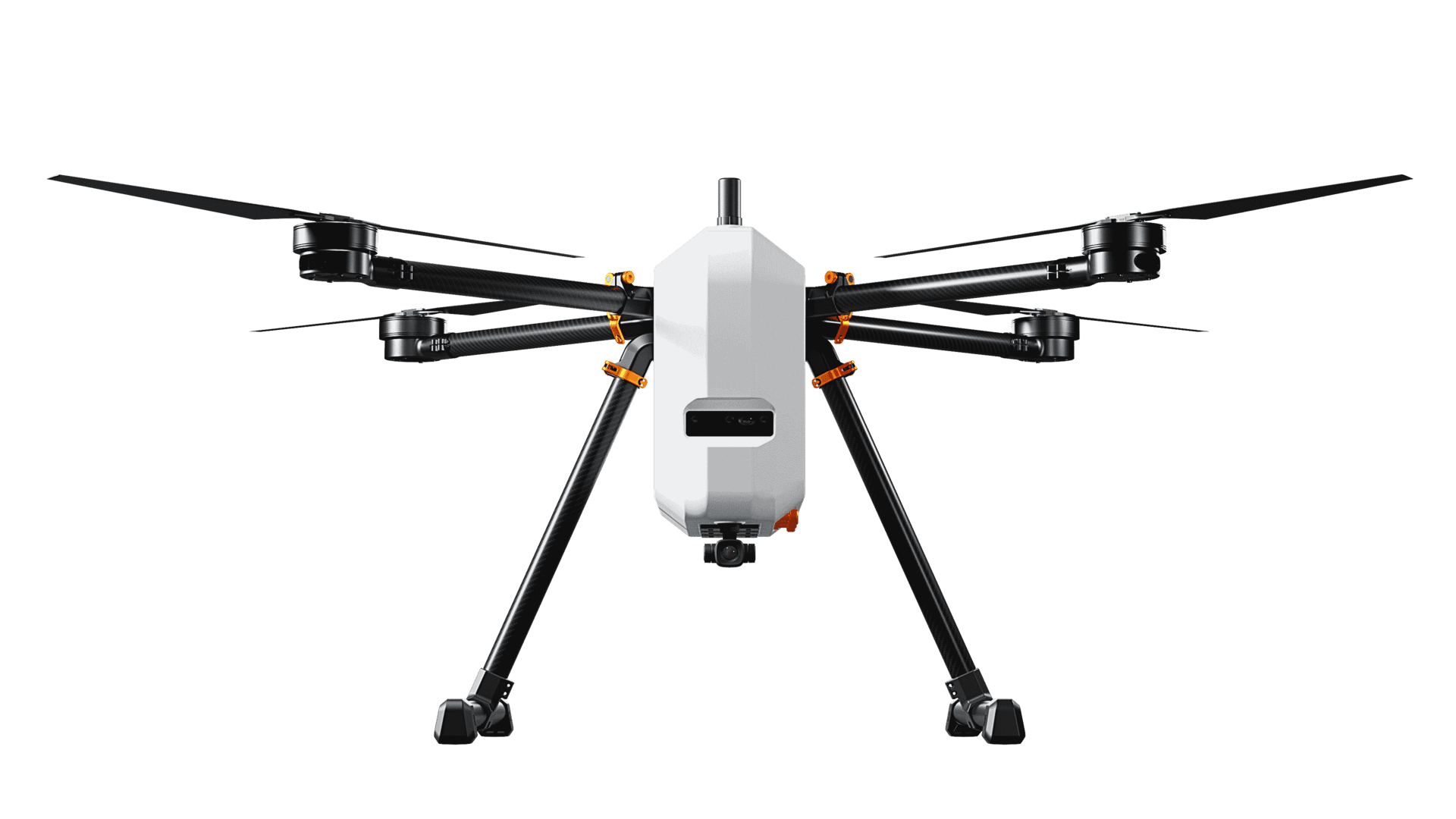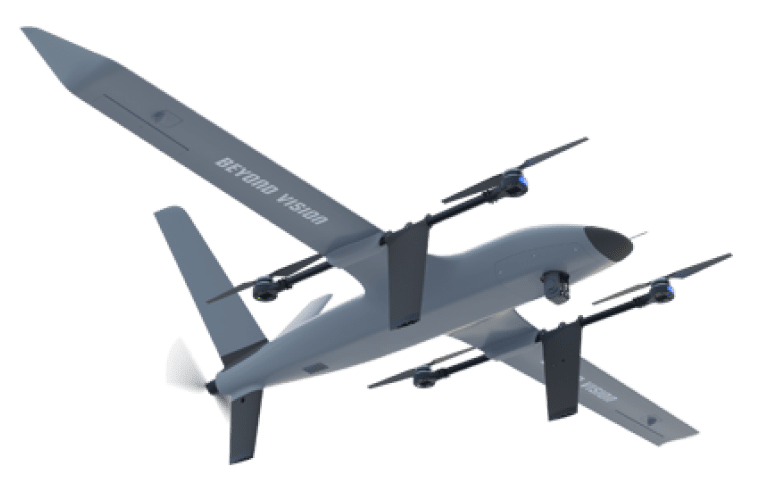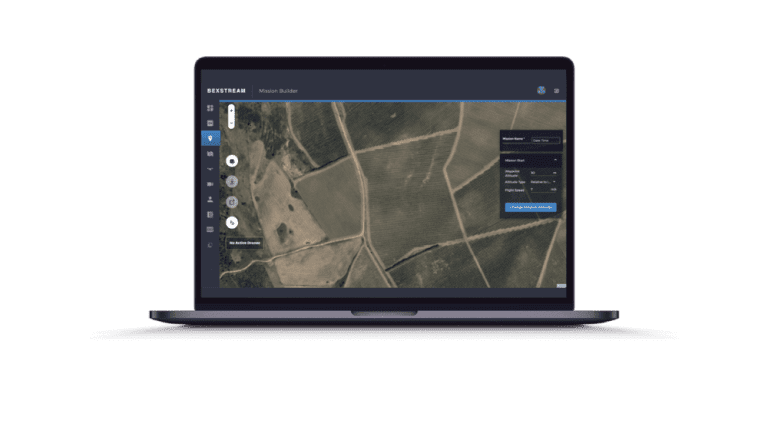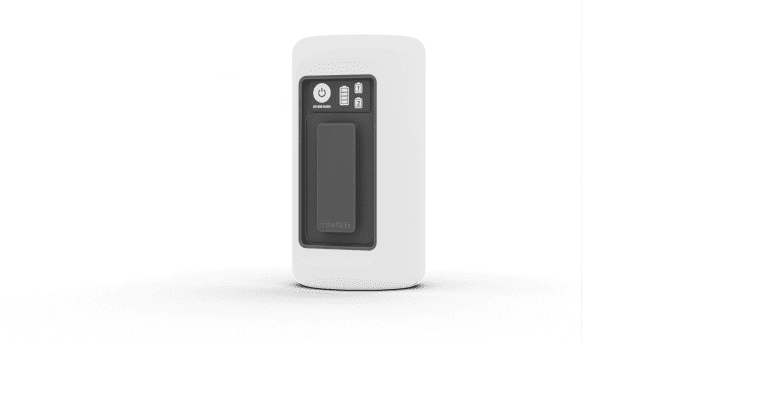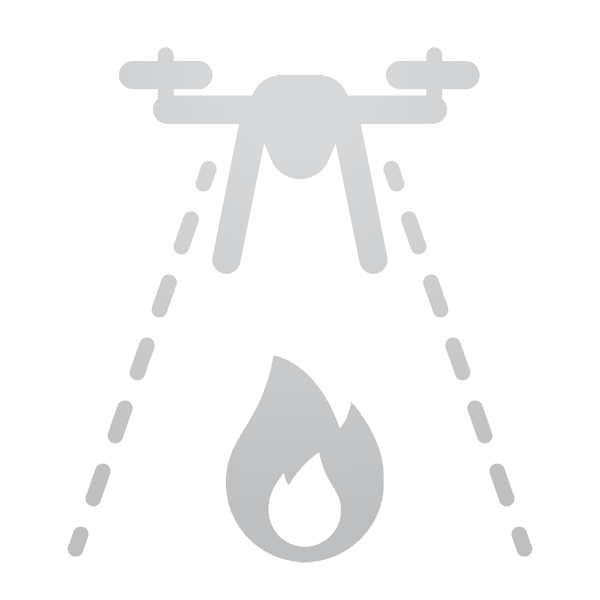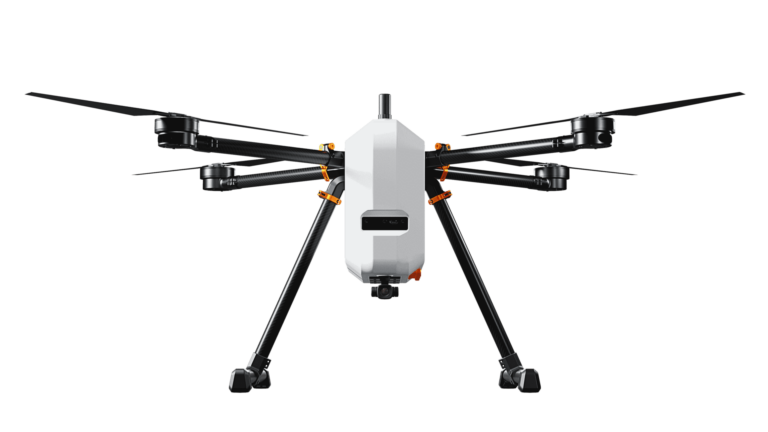European Defence Innovation Operational Experimentation (OPEX) Campaign
European Defence Innovation Operational Experimentation (OPEX) Campaign
OPEX
Projektziele und Vision
The OPEX campaign brings together technology developers, military end-users, and EU defence experts in a collaborative and agile experimentation environment. The Operational Experimentation’s first edition is scheduled to take place in Italy during the summer of 2025, and its focus will be Autonomous Systems for Cross-domain Logistics (Air and Land). It will be hosted by the Italian Army at some of their advanced military testing sites including CEPOLISPE, their Multifunctional Experimentation Centre in Montelibretti, around 30 km away from Rome.
What is the European Defence Agency’s Hub for European Defence Innovation (HEDI)?
HEDI is a long-term innovation ecosystem that includes a range of activities and services aimed at bridging the often-cited “valley of death” in defence innovation, the stage where promising technologies fail to transition from development to deployment. By offering funding calls, testing environments, and collaborative platforms, HEDI helps turn high-potential ideas into operational tools. OPEX is one of the most prominent outcomes of the hub so far.
OPEX
OPEX Campaign 2025: Autonomous Systems for Cross-domain Logistics
The OPEX campaign aims to validate these technologies under real-world operational conditions and examine their potential integration into defence planning. More than a simulated exercise, the European Defence Agency looks to provide a real operational testing environment guided by military standards and evaluated by experts from across the EU.
The procurement process for the OPEX campaign began in 2024 and was organised into seven lots, each targeting a specific segment of autonomous logistics systems:
Low-Cost Attritable Unmanned Aerial Systems (UAS)
This lot focuses on testing small, affordable UAS platforms capable of delivering light payloads (under 10 kg). The goal is to explore distributed logistics using multiple attritable drones to enhance resilience and cost-efficiency in mission execution.
Vertical Take-Off and Landing (VTOL) Unmanned Aerial Systems (UAS)
Lot 2 evaluates VTOL-capable aerial platforms (up to 50 kg payload) with a reduced logistical footprint. These systems are designed to combine the flexibility of vertical lift with extended range and operational versatility.
Heavy Lift VTOL Unmanned Aerial Systems (UAS)
This lot targets larger VTOL UAS (above 50 kg payload) capable of transporting heavy equipment or supporting CASEVAC (Casualty Evacuation) missions. The systems tested must offer robust performance in demanding logistics scenarios.
Low-Cost Attritable Unmanned Ground Systems (UGS)
Lot 4 explores the use of small, low-cost UGS platforms for transporting lightweight cargo (under 100 kg). The aim is to validate distributed, ground-based logistics using platforms that are simple, scalable, and attritable.
Medium Wheeled Logistical Unmanned Ground Systems (UGS)
This lot assesses medium-sized wheeled UGS capable of carrying payloads between 100 and 1000 kg. These systems are intended for heavier logistics tasks, potentially including CASEVAC operations in diverse terrains.
Medium Tracked Logistical Unmanned Ground Systems (UGS)
Lot 6 focuses on tracked UGS solutions in the same payload class as Lot 5 (100 to 1000 kg), offering enhanced mobility over rough or uneven terrain. Tracked systems are tested for their ability to operate in complex ground environments with increased stability.
OPEX Support Team
This lot is dedicated to the coordination and methodological backbone of the Operational Experimentation campaign. It includes experimental design, data analysis, evaluation of maturity levels, and organisation of the VIP demonstration day in collaboration with the European Defence Agency and Member States.
Each lot provides a structured way for the EDA to test and compare different technology classes, all within the broader objective of autonomous logistics. Six different European contractors were awarded a contract and must deliver technology that is at least at Technology Readiness Level 5 (TRL>5) and be capable of undergoing field testing. The testing includes direct observation, mission simulation, data collection, and analysis within operationally relevant scenarios.
Phases of the OPEX Campaign
Phase 1: Setup Phase
This initial phase focuses on preparation and coordination. It includes administrative and logistical arrangements, submission of operational authorisation documents, frequency clearance applications, and technical readiness checks. The phase concludes with a System Acceptance Test (SAT) to confirm that all participating systems meet the campaign’s operational and safety requirements.
Phase 2: Operational Experimentation
The core of the project, the Operational Experimentation phase takes place over June and July 2025 at designated military testing sites in Italy. Participating systems are deployed in live operational scenarios, where they are evaluated based on performance, adaptability, and interoperability. Activities include daily missions, briefings and debriefings, real-time data collection, and a VIP Demonstration Day showcasing the solutions to key EU defence stakeholders.
Phase 3: Assessment Phase
Following the field campaign, the focus shifts to analysis and reporting. Data gathered during the experimentation is reviewed to evaluate the maturity, limitations, and future potential of each system. This phase includes the submission of a detailed evaluation report and participation in a Final Review Meeting to inform future policy, procurement, and capability development efforts across the EU.
Veranstaltungen
Forschung Ausbildung
Vermittlung grundlegender Kenntnisse über ein multidisziplinäres Spektrum von IKT-Technologien für die Umweltüberwachung, mit Schwerpunkt auf IoT- und ML-Tools und -Anwendungen.
Ergänzende Ausbildung
Ausstattung von Forschern, insbesondere von jungen Talenten, mit Querschnittskompetenzen, um ihre Karriere voranzubringen, Förderung der Innovationsfähigkeit und potenzieller Start-up-Unternehmen.
Integrationssitzungen
Erleichterung der Integration von End-to-End-IoT- und ML-Anwendungen in ländlichen Gebieten, Beschleunigung der Entwicklung und Einführung ausgewählter Anwendungsfälle.
Demonstrationssitzungen
Förderung der aktiven Beteiligung an Prototyping und Demonstration mit dem Schwerpunkt auf der Erstellung relevanter Datensätze, die für Experimente und Fortschritte unerlässlich sind.
2025 Italy
OPEX NEWS
Beyond Vision to Join the EDA’s First Operational Experimentation Campaign on Autonomous Systems in Italy
Ein Nexus der Innovation
2025 Italy
OPEX NEWS
With its focus on autonomous logistics and its robust evaluation structure, the OPEX campaign will help define the next generation of unmanned systems for European defence, setting standards and fostering a stronger innovation landscape.
Wirksame Produkte
Finden Sie heraus, wie unsere Produkte verwendet werden und wie sie zu einer Vielzahl von Projekten beitragen.
